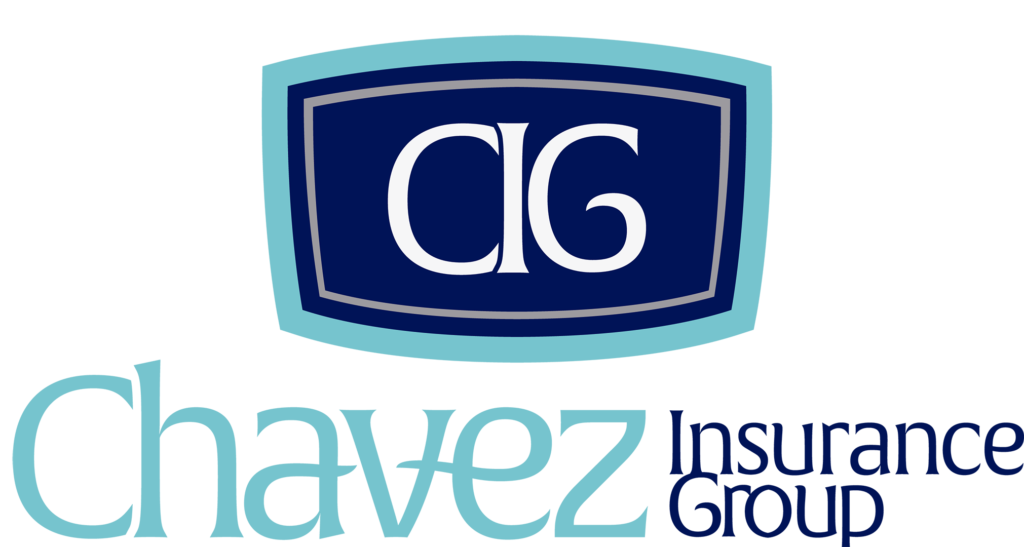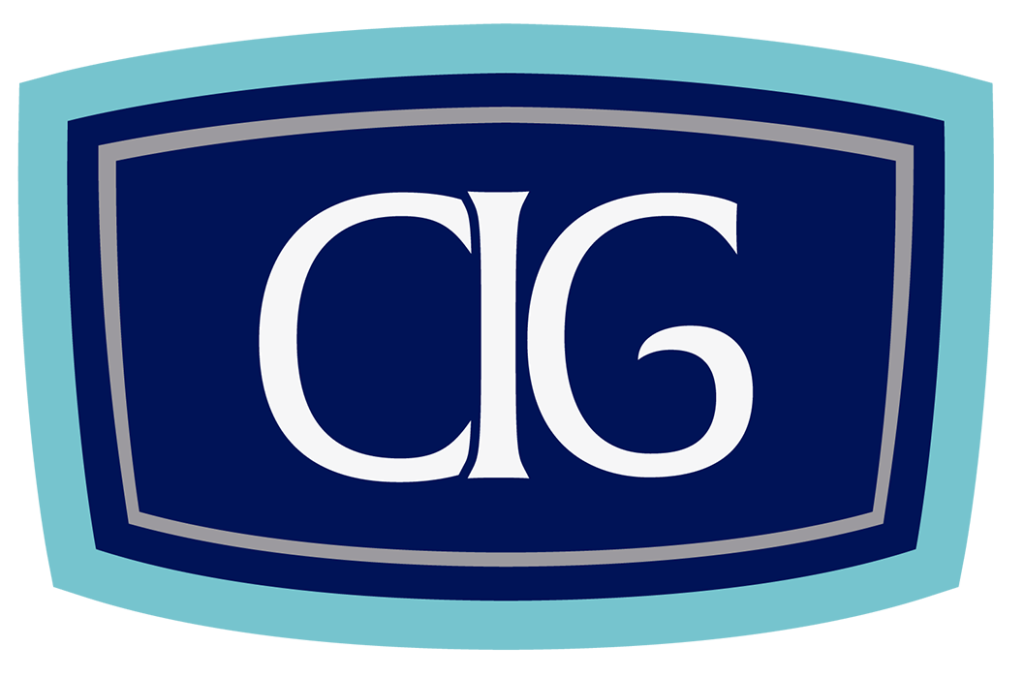Workplace Benefits
Employment benefits are highly desirable by most workers and are often a deciding factor in if a person accepts a job. Most benefits were offered in the first place to increase employee morale. It’s true that employees with the security of health insurance are less anxious and stressed. Typical workplace benefits include health insurance, dental insurance, vision, long-term care insurance, and disability insurance.
See all policies
Benefits are usually available to full-time employees who have permanents jobs. Freelance or independent contractors do not have access to workplace benefits, as they are not employees of the company. Health insurance is the primary type of policy offered, and some employees have the opportunity to add additional policies.
Examples of additional coverage include long-term care, disability, and critical illness policies. Disabilities and critical illnesses can cause a person to lose time from work, which brings less income into the home. Life goes on, and bills still need paying. The benefit of these additional policies is the extra health coverage, and the additional income to assist during the time from work.
Universal life insurance is sometimes a job benefit as well. Universal life insurance has an additional savings element. Policyholders can adjust or access the money available in their policy. It’s even possible to use the interest to pay for the premiums. Workplace benefits are great because they are less expensive than purchasing individual policies. This means an employee can pay for additional coverage without a financial strain.




